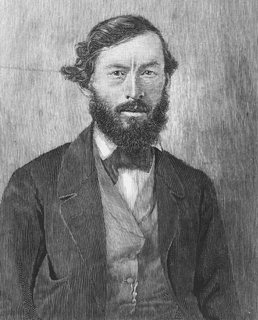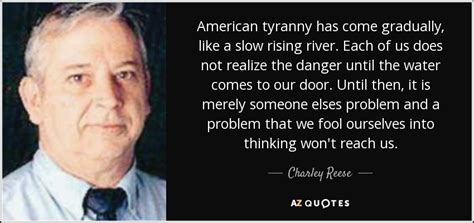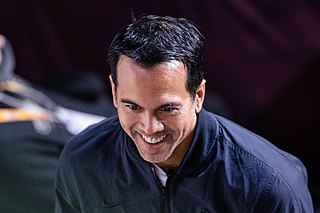A Quote by George MacDonald
You would not think any duty small, If you yourself were great.
Related Quotes
Sir: It gives me pleasure to report to you the fine bearing and soldierly conduct of Captain Wilson and his men whilst absent on special duty. Though their duties were more arduous than those of others, they were always prompt and ready for performance of all they were called upon to do. As a body they would be a credit to any organization, and I will be glad to be associated with them on duty at any time.
Kant does not think there is anything wrong with being beneficent from sympathy. He thinks we have a duty to cultivate sympathetic feelings by participating in the situations of others and acquiring an understanding of them. He thinks we also have a duty to make ourselves into the kind of person for whom the recognition that something is our duty would be a sufficient incentive to do it (if no other incentives were available to us). That's what he means by "the duty to act from the motive of duty".
I think we've got to look at corporate law. Back in the day when I studied it, there were different constituencies that were to be served, and I think there was a real wrong turn about 20 to 25 years ago when the theory began to be promoted that your highest duty - in fact, some would argue, your only duty - is to maximize shareholder return. I just don't buy it. And it wasn't the original underpinnings of the legal theory of corporate law.
Suppose there were an experience machine that would give you any experience you desired. Superduper neuropsychologists could stimulate your brain so that you would think and feel you were writing a great novel, or making a friend, or reading an interesting book. All the time you would be floating in a tank, with electrodes attached to your brain. Should you plug into this machine for life, preprogramming your life experiences?...Of course, while in the tank you won't know that you're there; you'll think that it's all actually happening...Would you plug in?
And just think, fellow Southrons, what kind of a Confederate nation we could have, if after independence, politicians abandoned equivocation and spoke honestly and firmly on all issues? If they were to do their duty to God, nation, and people, there would be virtually no need for any form of federal litigation.






































